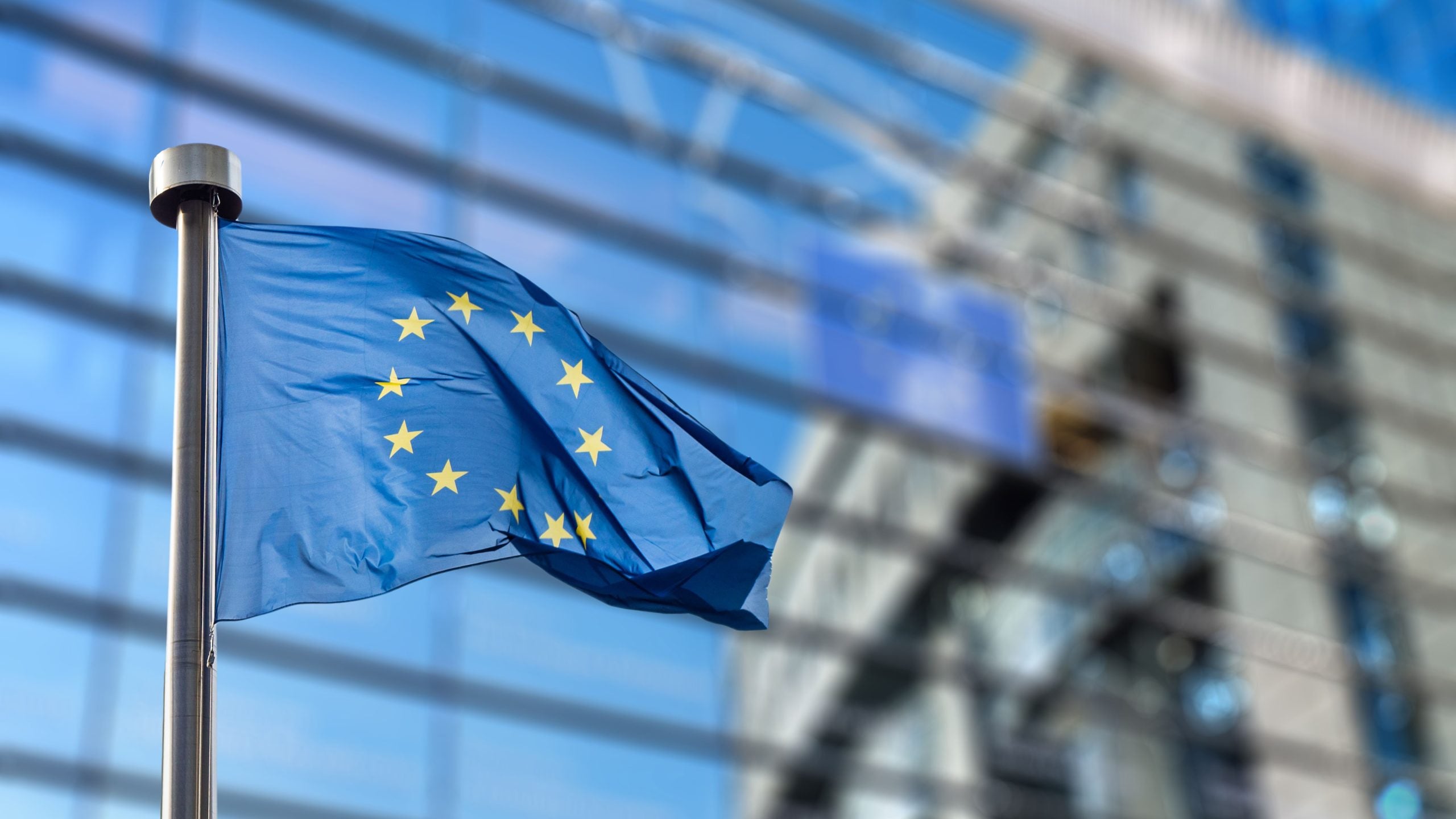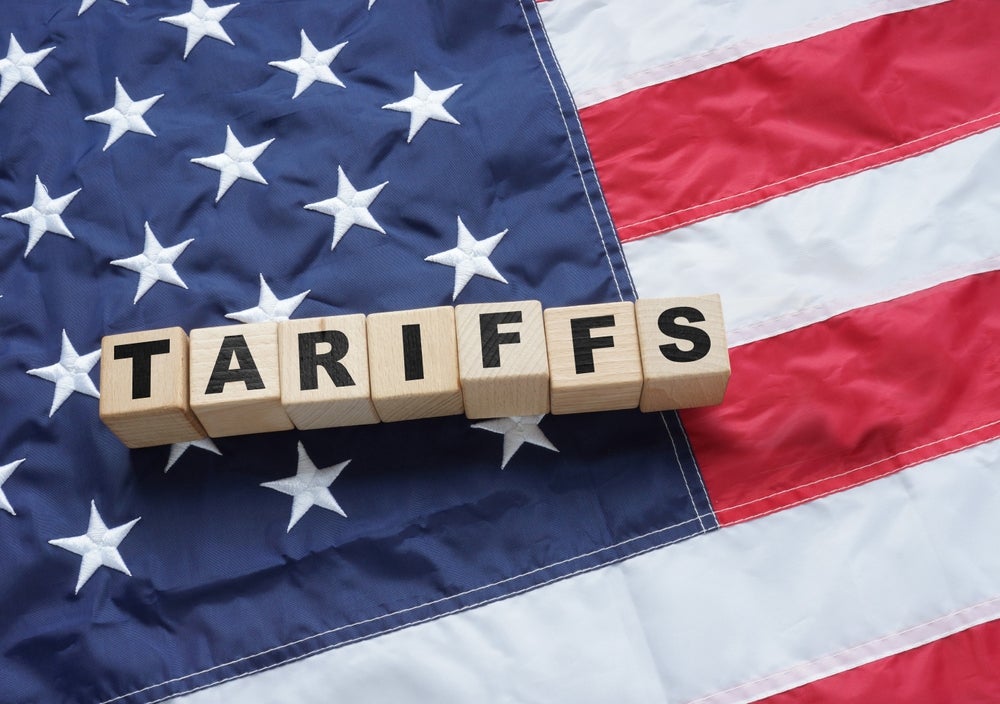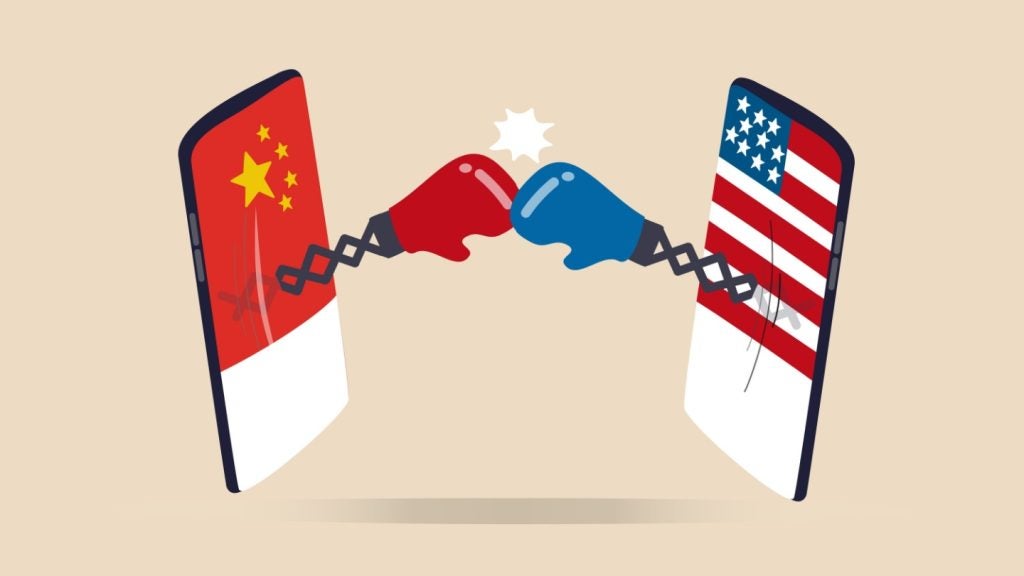
From 25 August, the world’s largest platforms will restrict behavioural
advertising, ban hate speech and implement a host of other measures if they
are to be compliant with the EU’s new Digital Services Act (DSA).
While the DSA comes into full force on 17 February 2024, the 19 biggest
online companies – those that have a significant societal and economic impact, reaching at least 45 million users in the EU (representing 10% of the
population) – must provide evidence they have met the new
EU standards by 25 August.
Among the 19 largest platforms are Instagram, Snapchat, Twitter, Facebook
and TikTok. Others such as Zalando, an online fashion retailer, have criticised the Commission for their inclusion on the list.
Maximum fines for infringement of the DSA can hit 6% which, for internet
giant Amazon, could amount to $30.84bn.
The DSA is accompanied by the Digital Markets Act which qualifies a large
online platform as a “gatekeeper”. This aims to ensure that businesses who
depend on gatekeepers to offer their services will have a fairer business
environment.
Both acts are aimed at curtailing common problems, such as disinformation
and monopolistic policies, before they occur – rather than penalising
infringements after the fact.
According to research analyst GlobalData’s 2023 thematic intelligence report on technology regulation, regulators will come after tech companies in 12 regulatory arenas: data security, data privacy, antitrust, tax avoidance, misinformation, online harm, AI ethics, copyright, net neutrality, US-China tech sanctions, ESG, and obstruction of justice.
Where did the DSA come from?
The DSA is a regulation designed to update the now-outdated Electronic
Commerce Directive 2000 regarding fraudulent advertising and disinformation.
The regulations were submitted by the EU Commission to the EU Parliament in 2020. The law was approved by the European Parliament in 2022 with 530 votes in favour, 78 against and 80 abstentions. Commissioner Thierry Breton, with his colleague Margrethe Vestager, are two major proponents of the law.
On X (formerly Twitter,) Breton welcomed TikTok’s voluntary stress test for
the DSA on 18 July. Though the commissioner has tweeted his disapproval of X leaving the EU’s voluntary Code of Practice against Disinformation in May:
“Twitter leaves EU voluntary Code of Practice against disinformation. But
obligations remain. You can run but you can’t hide. Beyond voluntary
commitments, fighting disinformation will be legal obligation
under #DSA as of 25 August. Our teams will be ready for enforcement.”
In a now infamous 2022 tweet, Breton warned X CEO Elon Musk, “In Europe, the bird will fly by our rules. #DSA,” referring to the company’s former logo.
How are companies preparing?
Many large online platforms have voluntarily undergone practice ‘stress
tests’ to prepare for the regulations. Meta-owned Facebook submitted to a
stress test in June with Breton tweeting: “Preparedness on its way with
1000 Meta employees working on #DSA”
X, formerly Twitter, was the first online platform to undergo a stress test
with Breton noting on X: “The company is taking this exercise very
seriously.”
Facebook and Instagram owner Meta has announced that tools to inform users when their post visibility has been restricted are in development. Amazon is also developing tools to allow EU users to flag illegal or counterfeit items.
TikTok users, meanwhile, will be able to see videos based on the content’s
popularity in their geographical location, rather than based on their personal
data, collected from interactions with previous videos they have watched.
The DSA has targets to employ over 200 people to monitor compliance but enforcing the law may prove difficult.
Some Big Tech players have already launched legal action contesting the DSA, with Zalando beginning legal proceedings on 27 July against its designation as a ‘gatekeeper’ platform.
What does the DSA mean for
companies?
Platforms are required to share more data with regulators about how they
moderate and distribute content through algorithms. They must also submit to vetting by research and auditing firms to ensure their practices remain
compliant.
Users must also have the option to report illegal content to providers.
Equally, users must be informed if their content is removed or hidden – and
platforms must explain why.
Behavioural advertising will also be banned. This form of targeted
advertising collects sensitive personal data on users, such as their sexuality
or religion. Likewise, targeted advertising cannot be used to cater ads to
underaged users.
GlobalData analyst Laura Petrone said: “The EU’s Digital Services Act
marks a step forward in online harm regulation.
“Following an ex-ante approach, the DSA prohibits and requires certain
behaviours before regulators have evidence of harm in the marketplace.
“In this way, it is able to set clear rules on how companies should keep
users safe on the internet and establishes a minimum level of transparency and accountability for these platforms.”







